ELTE Research Centre for the Humanities | 1097 Budapest, Tóth Kálmán utca 4. | HU15854939

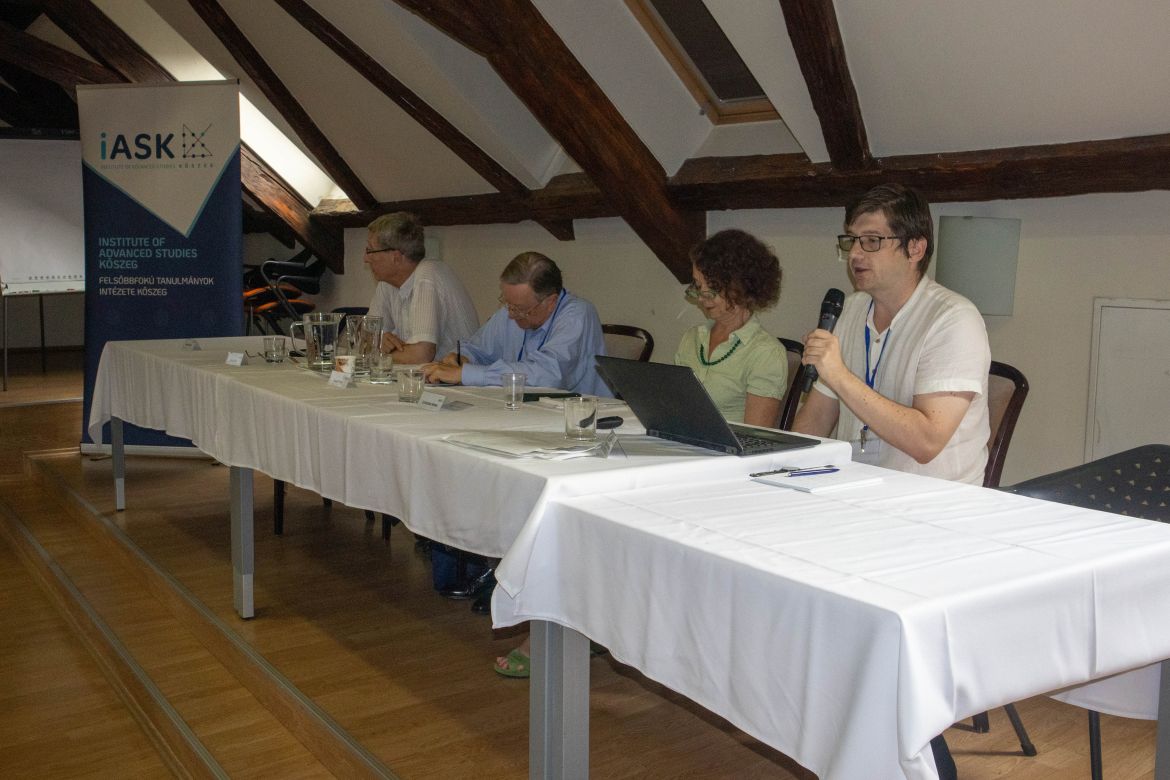
Gábor Demeter, senior research fellow of our institute, was invited by the Institute of Advanced Studies (iASK) of Kőszeg to give a lecture in English on the current political situation in the Balkans and historical analogies on 26 June 2024 in Kőszeg.
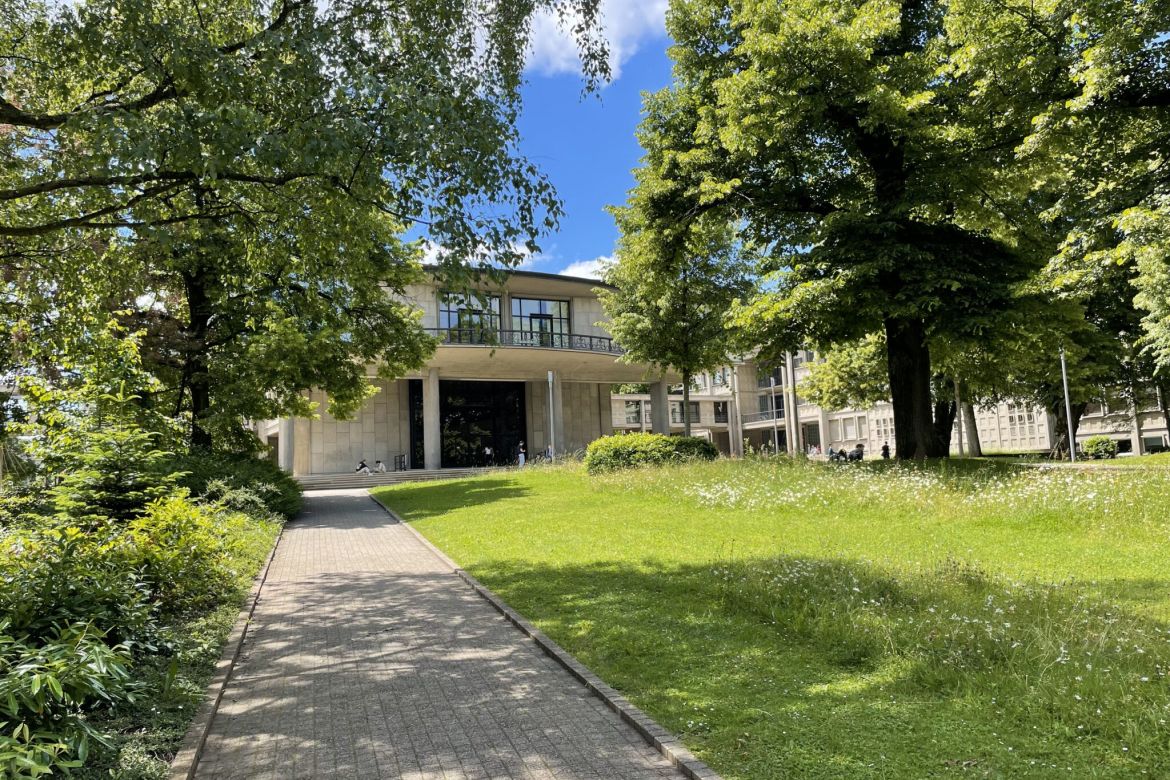
On 10-11 June, École Française de Rome, Université Paris 1 Panthéon-Sorbonne and University of Fribourg organised the second event of a three-stage conference series examining the relationship between Catholicism and anti-communism.
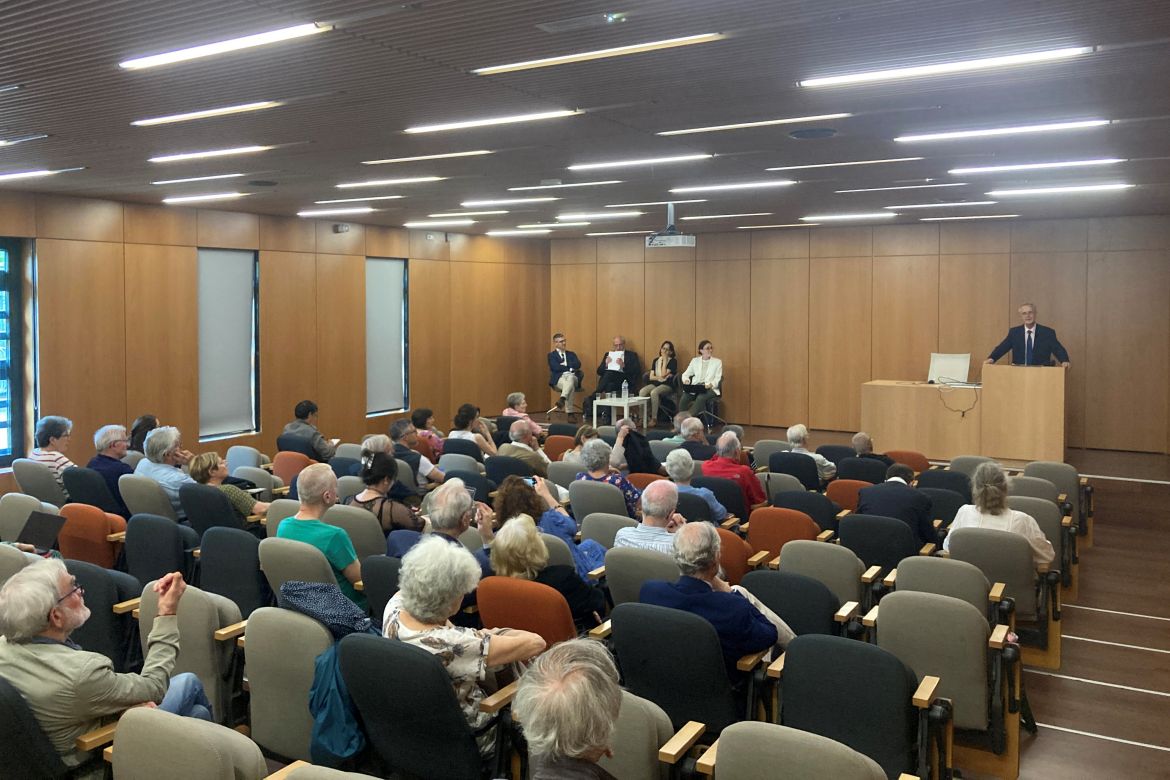
On 5-7 June, András Fejérdy, PI, and Przemysław Pazik, postdoctoral researcher of the ERC project Sovereignty, participated in the international conference organised in the framework of the ANR project GLOBALVAT.

At the invitation of the University of Toronto and the University of Ottawa, Attila Pók (professor emeritus, Institute of History, HUN-REN Research Centre for the Humanities) gave several lectures in Canada between 1 and 6 April 2024.
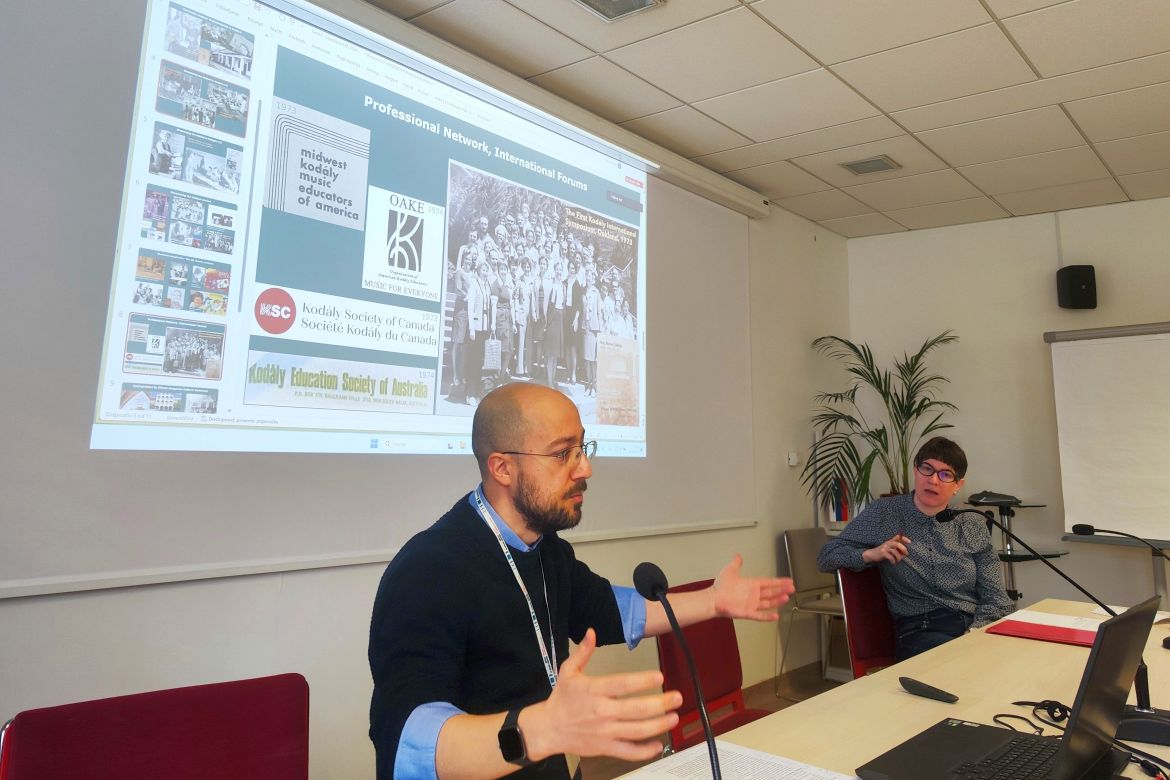
Szabolcs László, a research fellow at our institute specializing on the history of the Cold War, participated in the workshop entitled International Friendship within and beyond the Iron Curtain, organized by the Institute of Contemporary History in Ljubljana, between April 18-19.
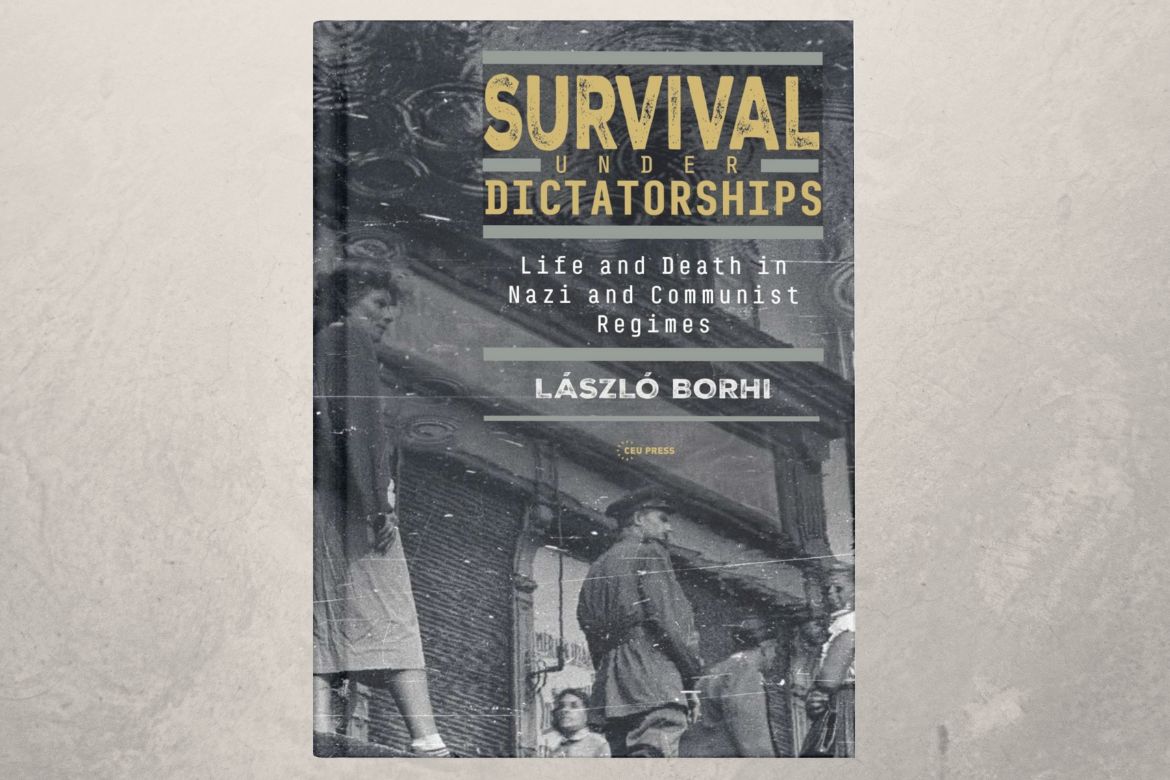
A complex array of individual responses to the abuse of power by the state in three horrific episodes in the history of East-Central Europe is represented in László Borhi's book Survival under Dictatorships. Life and Death in Nazi and Communist Regimes.
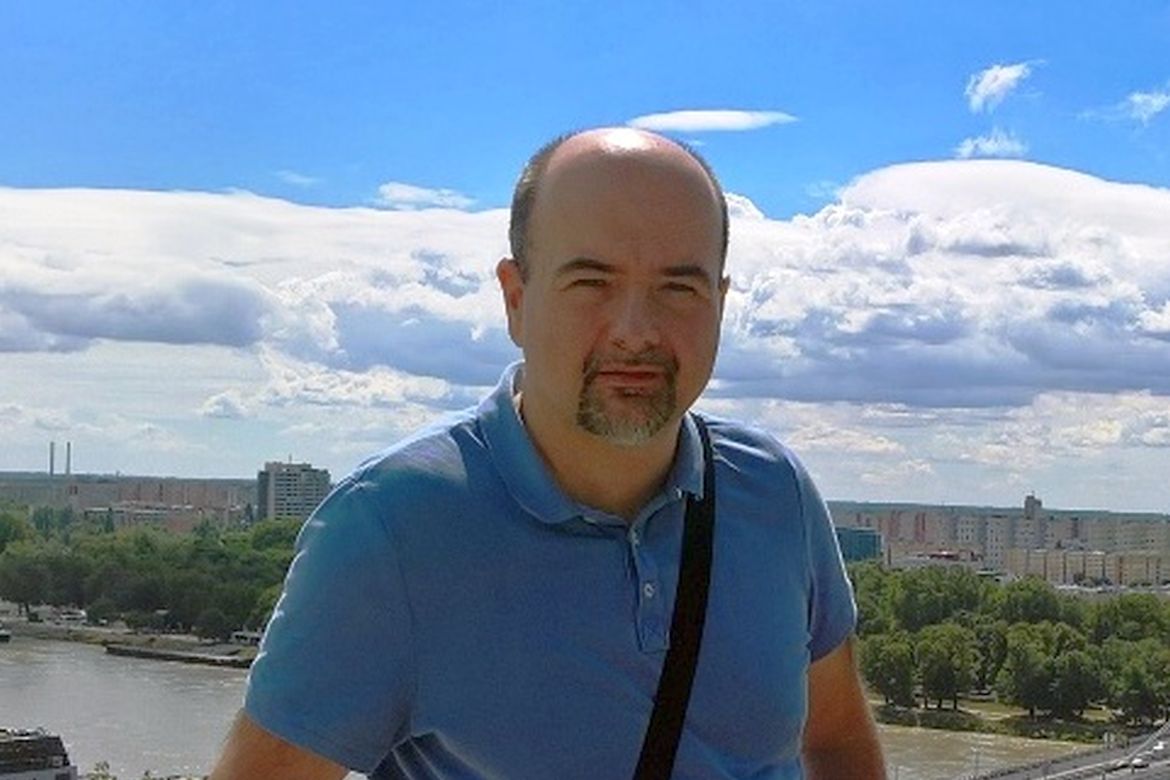
A new researcher joined the project NKFI FK 132 609, Consortional assoc.: Exploration of cadastral surveys (tapu defter) of Ottoman Hungary and the periphery of the occupied region II. Dino Mujadžević is a senior researcher at the Department for History of Slavonia, Srijem and Baranja, Croatian Institute of History.
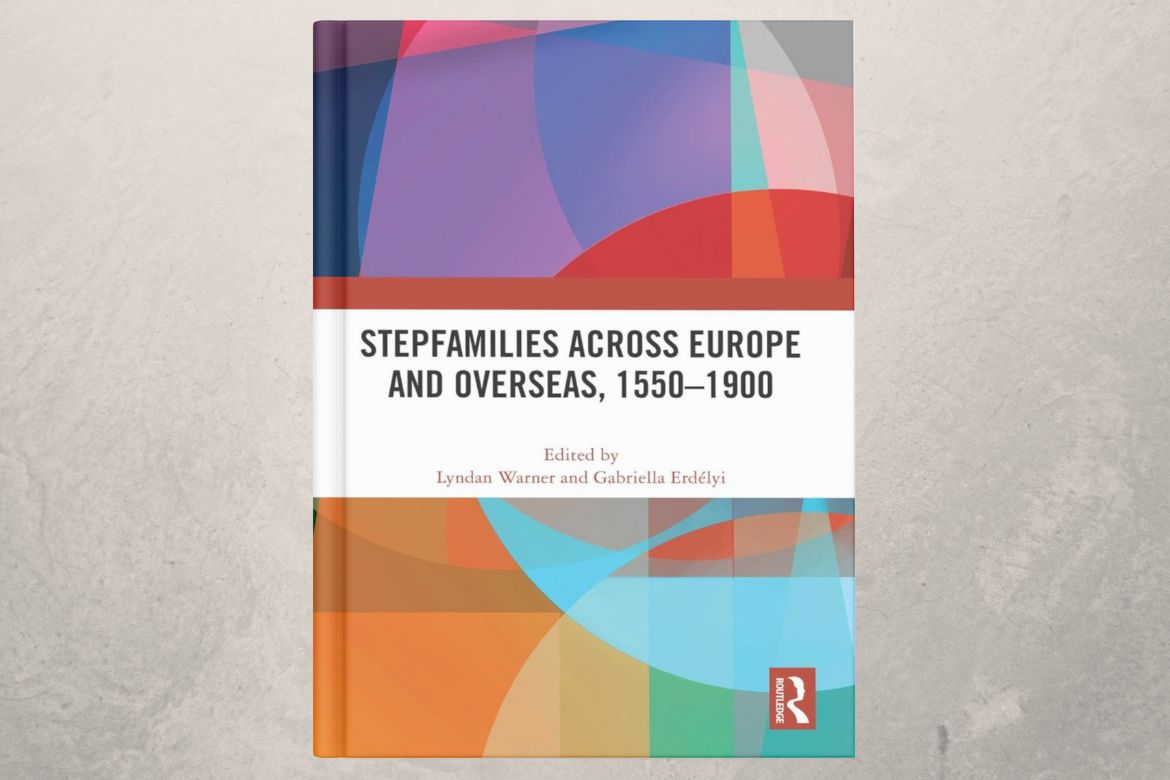
Stepfamilies across Europe and overseas 1550-1900 is the third volume of the Momentum “Integrating Families” Research Group's published by Routledge, which emphasizes diverse perspectives on the new and expanding history of stepfamilies in Europe and some of its overseas territories from 1550 to 1900.
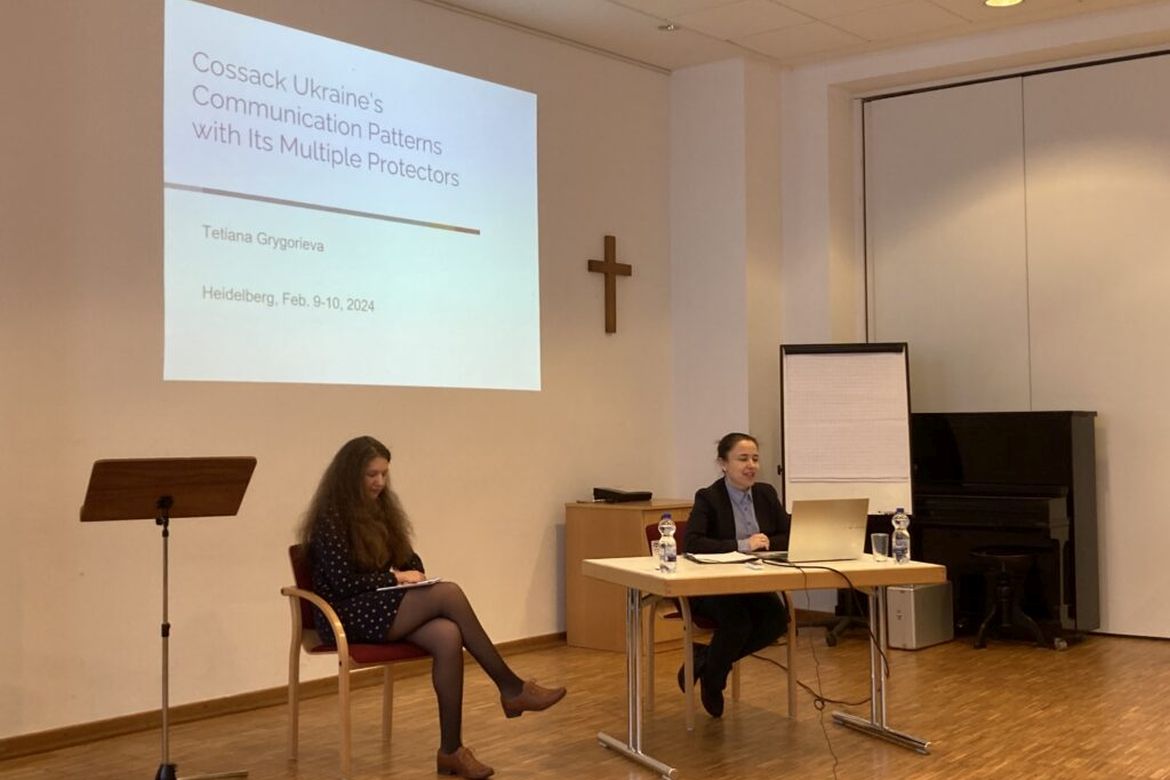
On February 9–10 the SMALLST project, in collaboration with the Islamic Studies Institute of the Heidelberg University and the Warsaw Centre for Global History of the University of Warsaw organized a workshop titled Asymmetrical Neighbours: Minor Players and Empires in the Early Modern and Modern Borderlands.

The project, in which Gábor Demeter, senior researcher (HUN-REN RCH Institute of History) is a participant, Regional Differences in the Medieval Kingdom of Hungary led by Beatrix F. Romhányi (Károli Gáspár University of the Reformed Church) has won the support of the National Research, Development and Innovation Office for 4 years.
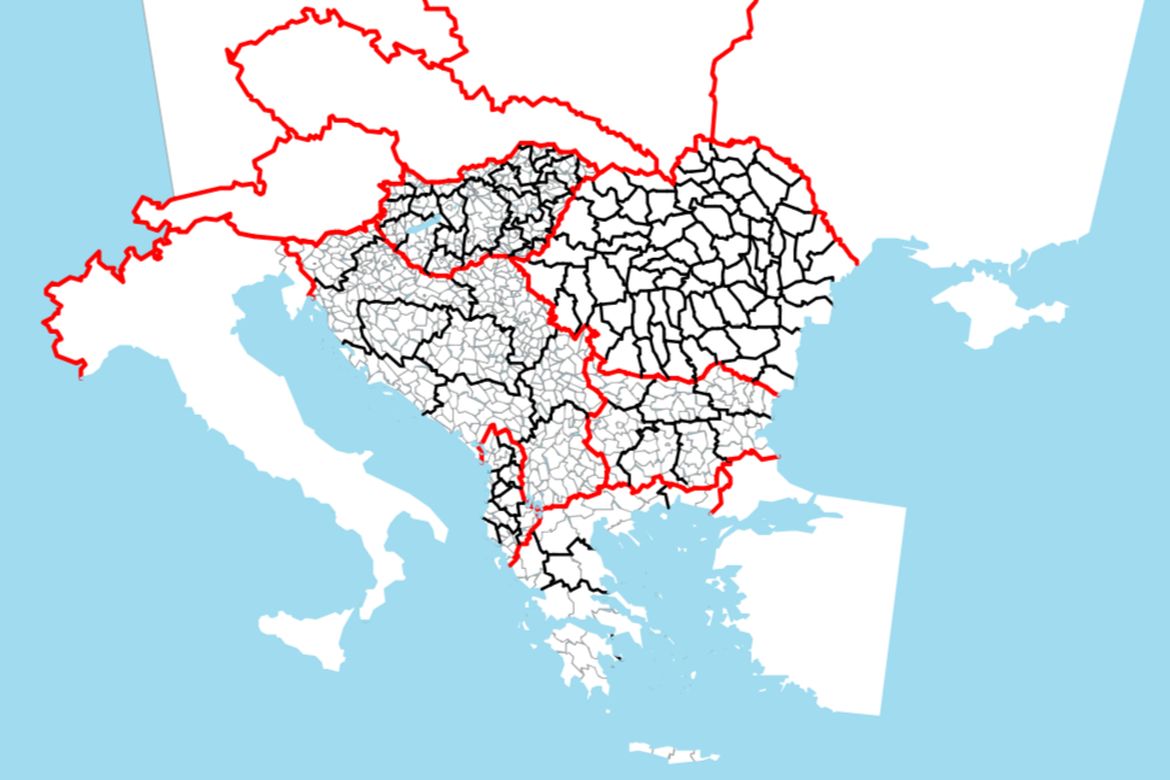
Balkans in Numbers is a joint pilot project by the HUN-REN Hungarian Research Network (prevously ELKH), Budapest, and the Leibniz Institute for East and Southeast European Studies (IOS), Regensburg. The goal is to visualize important demographic, social, and economic indicators of Southeast European countries, as recorded in past censuses.
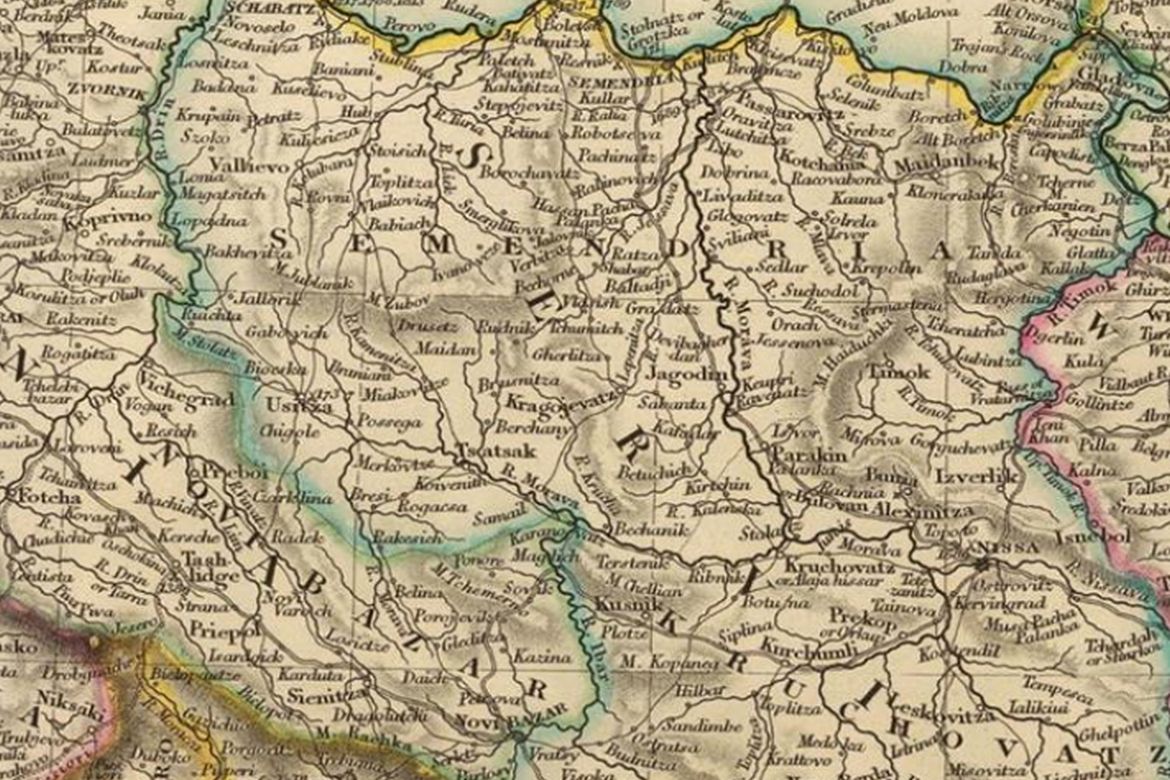
It was a major landmark in the institutionalization of the Hungarian historical Balkan research when, in 2014, the Department for the Research of Southeast European History was founded as a separate unit within the Institute of History of the Research Centre for the Humanities of the Hungarian Academy of Sciences.
You can find our previous articles in the News Archive.